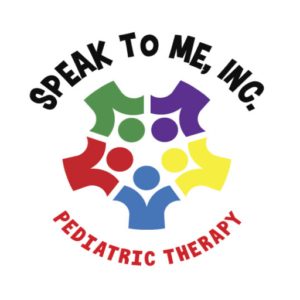Ready?
Call our office at (980) 317-0985 or complete the online form to get started.
Speech therapy improves communication, occupational therapy enhances daily skills, and physical therapy builds strength and mobility. These skills work together to boost confidence, social interaction, and overall development.

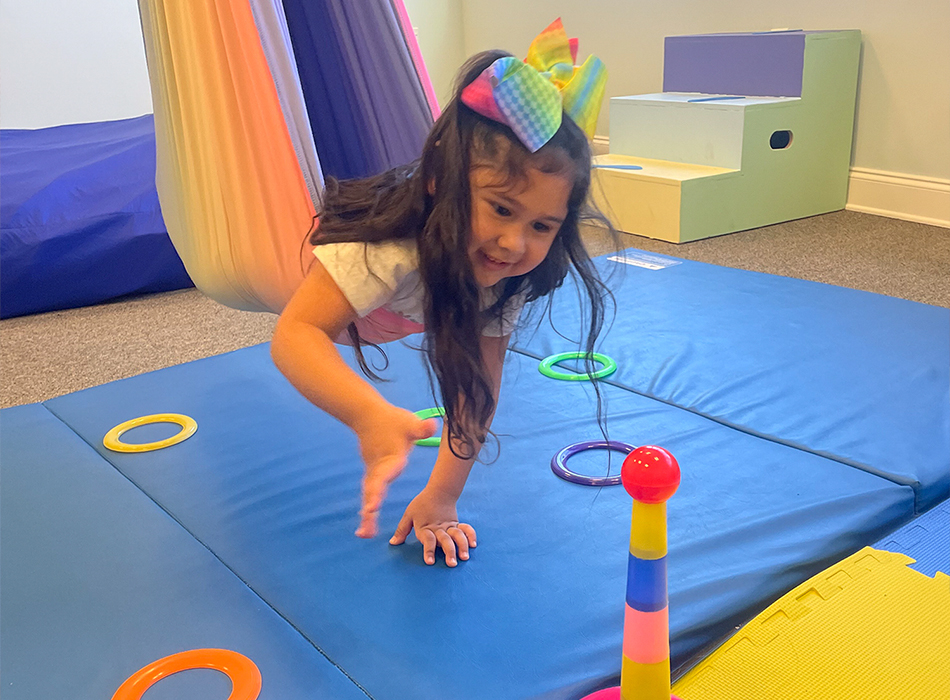
We treat conditions like torticollis, plagiocephaly, delayed motor development, chronic pain, injuries, and coordination challenges. Our advanced techniques, including therapeutic taping, pediatric yoga, and aquatic therapy, are tailored to support your child’s unique needs and growth.
At Speak to Me our goal is to provide PT services that are fun and engaging in a pediatric environment for babies, children, and teens with developmental, orthopedic, congenital, and neurological impairments. We feel it is important to foster a relationship with parents to promote carryover of goals in the home and community. We take a multi-disciplinary team approach to ensure we are helping the whole child, and to improve each child’s ability to move, play, explore, and learn.
Occupational therapists use a holistic approach to address areas a child may have challenges. Our goal is for your child to be happy, healthy, and to successfully participate in all activities of daily life.
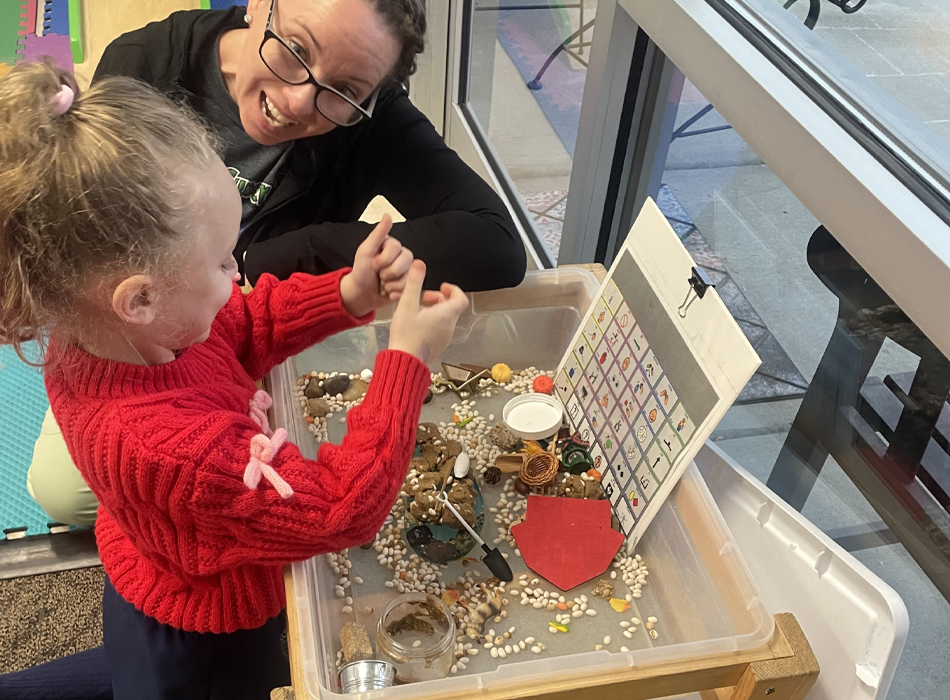
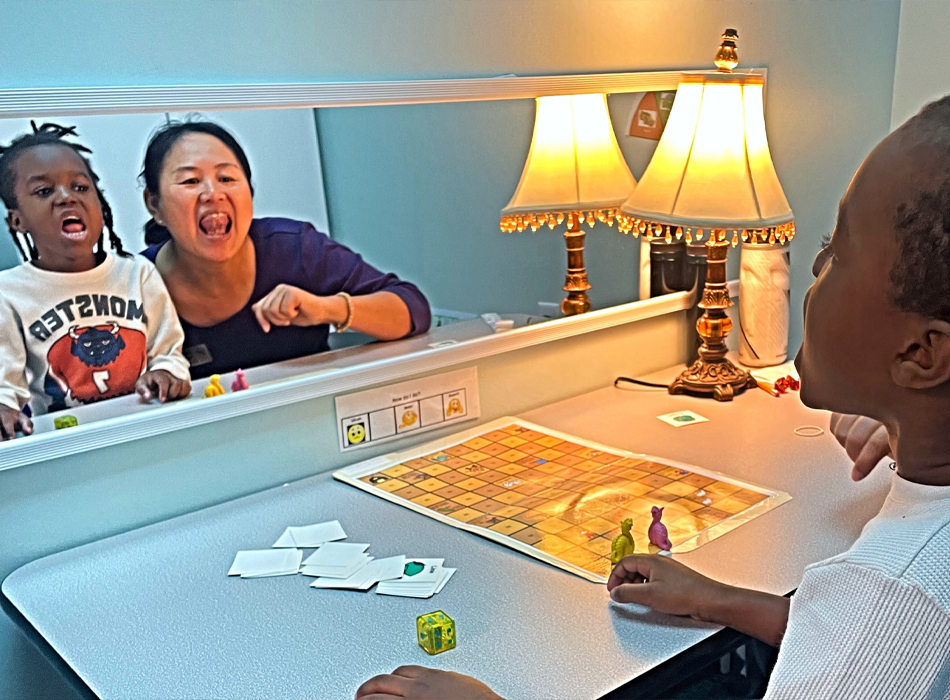
When you first notice your child having difficulties understanding language or communicating, a complete evaluation is the first step to identify the issue.
We’re excited for the opportunity to learn more about your needs to help your child overcome challenges, gain confidence, and thrive!
Call our office at (980) 317-0985 or complete the online form to get started.
We’ll get some basic information and contact you to schedule your appointment.
Begin the journey to develop a personalized treatment plan tailored to your needs.
111 Kilson Drive Suite 104
Mooresville, NC 28117
Telephone: (980) 317-0985
Fax: 704-360-4467
![]()
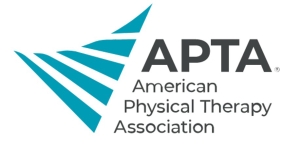
Monday - Thursday: 8 am - 6 pm
Friday: 8 am - 4 pm
Saturday - Sunday: Closed
